Ngā pūoro Māori (Māori music)
Where can I find information about ngā pūoro Māori (Māori music)?
(Years 7-10)
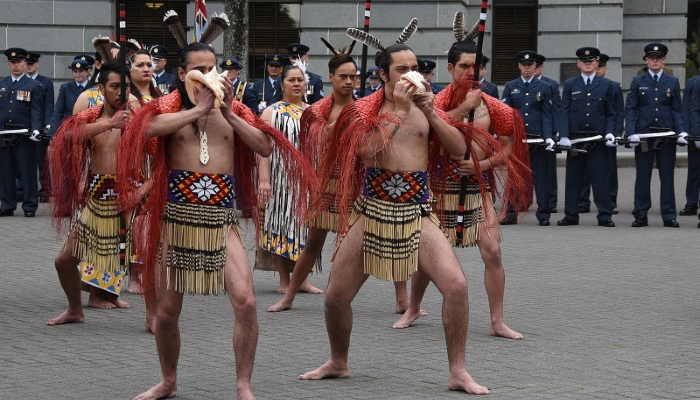
Image: Sounding the Pūtātara by Government House on The Governor-General of New Zealand.
Entry last updated: 10/07/25
Introduction
Māori music has many important composers, some of whom use traditional mōteatea (chanted song-poetry), and others whose music includes introduced musical styles and influences. Later composers have created new music in te reo Māori ( Māori language), which reflects the history, culture, and experiences of Māori. Since 1991, several musicians have worked to revive the playing of taonga puoro (traditional instruments).
List of ngā pūoro Māori terms
Here are some kupu Māori that have to do with music:
Mōteatea: the tradition of chanted song-poetry.
Taonga puoro: traditional Māori musical instruments. These are grouped in whānau (extended families).
Waiata tawhito: traditional Māori songs. These include aroha (love songs), oriori (lullaby), and tangi (laments).
Waiata hōu: contemporary Māori songs.
Haka: traditional Māori dances of challenge or welcome accompanied by a chant.
History of Māori music
Traditional Māori music is based on the emotions of the gods in Māori mythology. These emotions include sorrow, anger, lament, loneliness, desire, joy, peace, and love. Words were added to tunes and rhythm to express emotions and experiences.
Here are some New Zealand websites which have good information about the history of Māori music.
Te Ara: The Encyclopedia of New Zealand
Te Ara is owned by the Ministry of Culture and Heritage and has information about the people, environment, history, culture, and society of Māori. Information is well-researched and reliable. You can access this site in te reo Māori and English.
Enter 'Māori music' in the search box.
Choose a topic you'd like to learn more about.
Māori musical instruments – taonga puoro has interesting articles about musical traditions and instruments.
Tips: We like sites like this because they’re reliable. You can tell because of their web address – they have either .govt or .ac, meaning they are from government or educational organisations. They’re also New Zealand sites, so relevant for us.
This site is the online version of a bilingual quarterly published by the Māori Affairs Department from 1952 to 1976. It has options to browse by issues, authors, and subjects like Māori history, society, culture, music, and literature.
Enter 'music' in the search box.
Choose a subject you'd like to learn more about.
On page 2 of the list of articles, The Music of Māori Chant has interesting information about the types, melody, and performance of chants.
Museum of New Zealand | Te Papa Tongarewa Collections
Museum of New New Zealand Te Papa Tongarewa is New Zealand’s national museum located in Wellington. The collections cover Arts, History, Taonga Māori, Pacific Cultures, and Natural History.
Enter 'taonga puoro' in the search box at the top of the page.
Find the article Māori musical instruments.
This article talks about what taonga puoro were originally used for and the different types of instruments.
SOUNZ has a growing collection of New Zealand music resources including Māori music. Funders include NZ On Air, Creative NZ, and Te Taura Whiri i te Reo Māori the Māori Language Commission. It includes videos about taonga puoro.
Go to the Resources menu and select Taonga Puoro.
Select the education series Introduction to Taonga Puoro.
There are a range of videos that talk about different taonga puoro, the sounds they make, their whakapapa, and significance to Māori.
Māori music today
The playing of traditional Māori musical instruments or taonga puoro became rare after the settlers arrived in New Zealand. After a hui in 1991, Hirini Melbourne, Richard Nunns, Brian Flintoff, and others started work to revive these instruments. Now many popular New Zealand musicians use them in their work.
This site is New Zealand's public radio service on New Zealand news, current affairs, Pacific, Te Ao Māori, sport, and business.
Enter 'Māori music' in the search box.
The He Ara Pūoro collection is a collaboration between Richard Nunns and Radio New Zealand.
Select the instrument you want to learn more about.
Listen to the audio clips to hear the sound and description of one of the Māori instruments in Richard's collection.
Tips: Some websites have .au, .nz, .uk or other codes in their url. This can tell you which country this website comes from eg .au is from Australia or .nz is from New Zealand. You can check the About Us link on the website for more information.
Whakaata Māori (Māori Television) connects New Zealanders with Māori language and culture by showing a range of programmes in te reo Māori and English.
Search using a keyword like 'waiata' or 'kapa haka'.
Choose a video to watch from the results.
Tips: Websites that have .com or .co in the address can have good information, but you need to assess how reliable it is. Check the About us link on the website, if you can find one. That can tell you what the company’s mission and values are.
This site is an ongoing project by Te Ipukarea (The National Māori Language Institute). It has information about waiata and haka and includes lyrics. It also has translations and explanations giving context and background information.
You have the option to Browse Songs or Browse Composers on the homepage.
If you browse by song you can narrow it down to Genres such as waiata-ā-ringa (action songs).
Or you can search for the title of a song using the search bar eg Ara rē, ara rē.
This also has information that explains the story behind this waiata, and also gives a line by line translation.
This page is part of the last.fm website. It lists popular Māori singers and groups, which includes a brief biography, top albums, top tracks, and similar artists.
You can browse this site using the menu at the top of the page.
Choose either Overview, Artists, Albums, or Tracks.
Or use the search bar to look for an artist or song title eg 'Anika Moa'.
The page Anika Moa gives you the choice to read about her life, find out about her music, or listen to her music.
Tips: Some websites have advertisements (or ads) which ask us to buy something or tell us to ‘click here’. It’s best to ignore these ads and focus on the information we’re looking for.
DigitalNZ is a search site that focuses on all things New Zealand including art. It connects you to reliable digital collections of images, audio, videos, and articles from different websites.
Enter 'Māori music' into the search box.
You can group results by Images, Articles, Audio, Videos and more.
Watch the video Poi E that spent 22 weeks on the music charts in New Zealand in 1984.
Read the article Feature - Massey Implementing Māori Values about including kaupapa Māori (Māori principles) into teaching music at university.
Tips: Websites that have .org or .net in the address can have good information, but you need to assess how reliable it is. Check the About us link on the website, if you can find one. That can tell you what the organisation’s mission and values are.
Books
There are lots of books about Māori society and history which include chapters or articles about Māori music and instruments. Check with your school or local public library to see what they have.
Here are some recommended titles:
Taonga puoro = singing treasures: the musical instruments of the Māori by Brian Flintoff
Tō tātau waka: in search of Māori music by Mervyn McLean
Waiata: Māori songs in history: an anthology by Margaret Orbell
The Māori action song: waiata a ringa, waiata kori, no whea tenei ahua hou? by Jennifer Shennen
Home, land and sea: situating music in Aotearoa New Zealand by Glenda Keam and Tony Mitchell.
SCIS no. 5354316
Topics covered
Related content
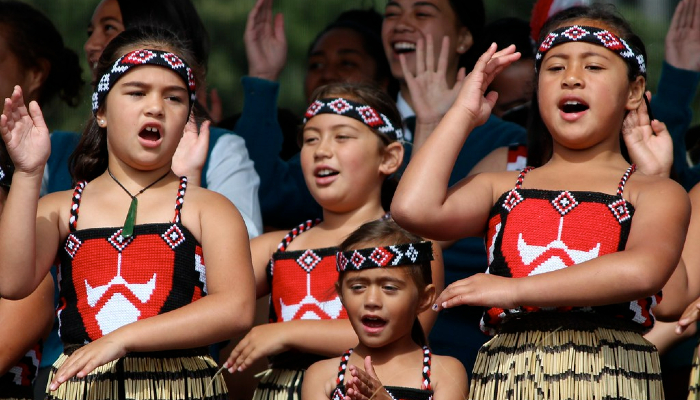
Te reo Māori (Māori language)
Where can I find information about te reo Māori (the Māori language)?
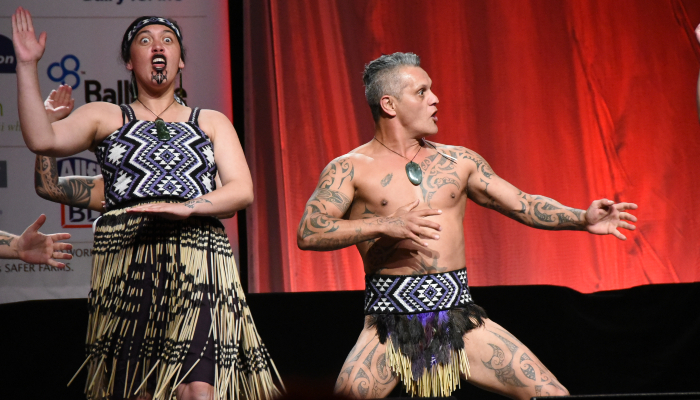
Kapa haka
Where can I find information about kapa haka?
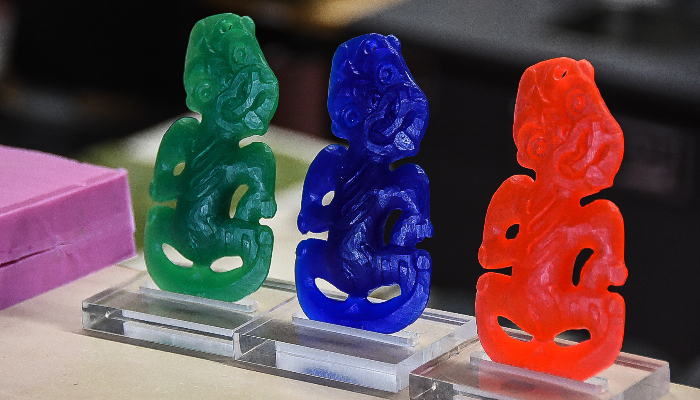
Ngā toi Māori (Māori arts and crafts)
Where can I find information about traditional Māori arts and crafts?
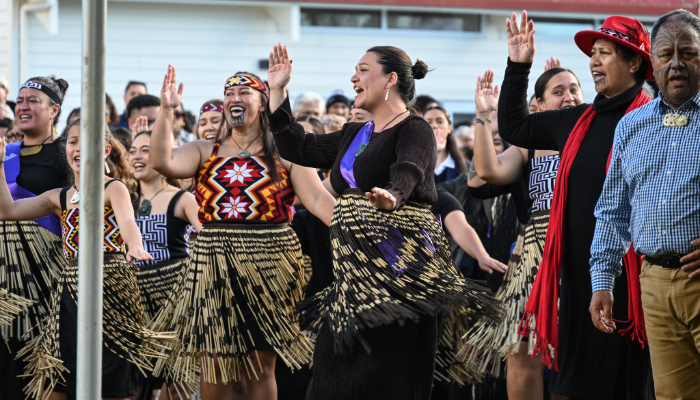
Māori culture and customs
Where can I find information about traditional Māori culture and customs?

Singers & musicians (NZ)
Where can I find information about New Zealand singers and musicians?
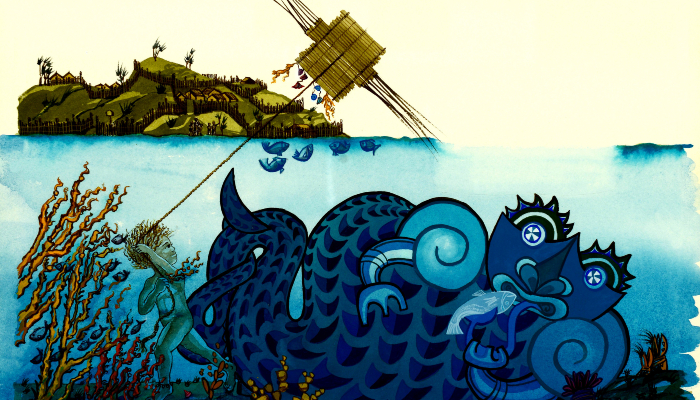
Pūrākau (Māori origin stories)
Where can I find information about Pūrākau (Māori origin stories)?
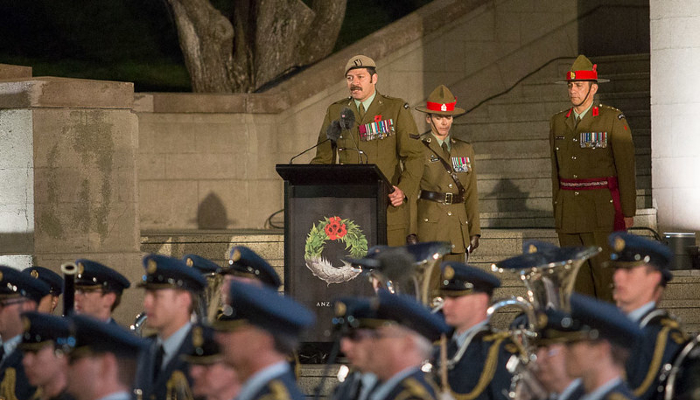
Māori leaders and heroes
Where can I find information about Māori leaders and heroes?
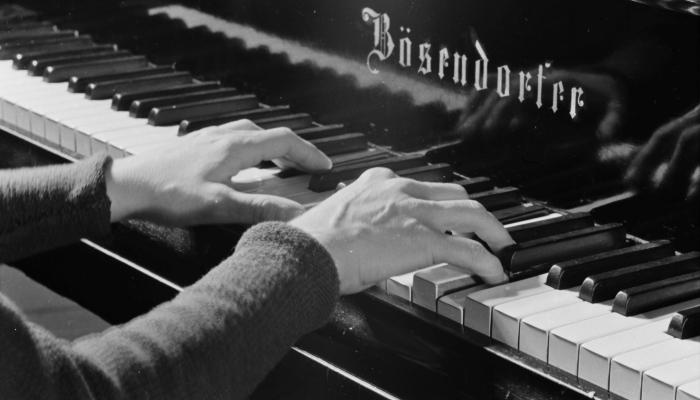
Music
Where can I find information about music?
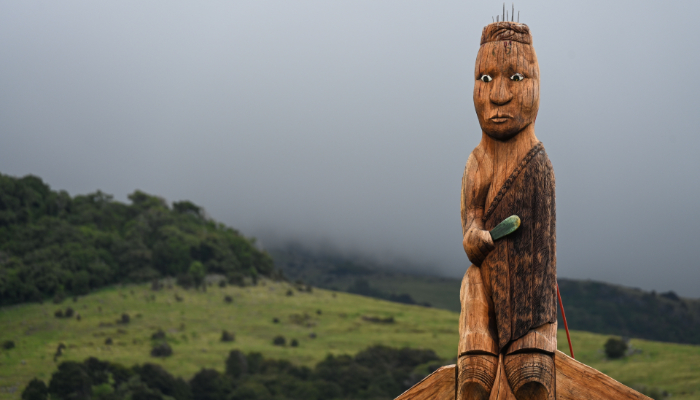
Māori culture & customs
Where can I find information about traditional Māori culture and customs?
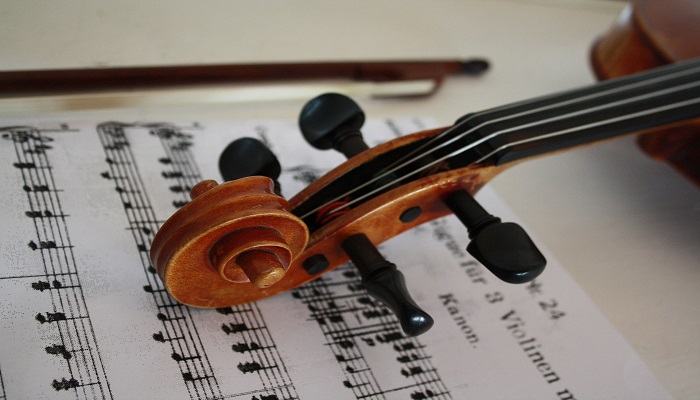
Composers (Classical)
Where can I find information about classical music composers?
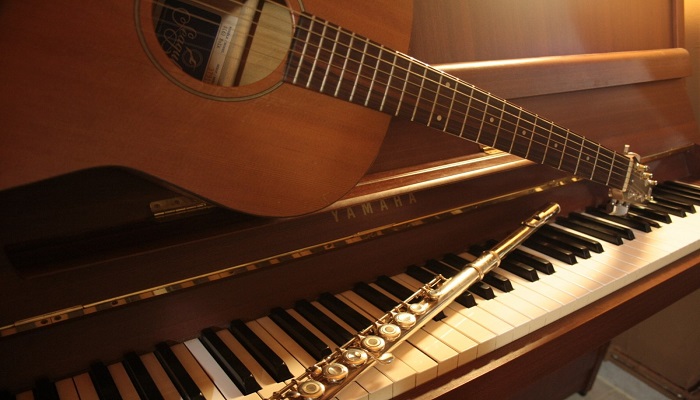
Classical music
Where can I find information about the eras of classical music?
